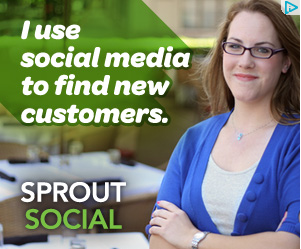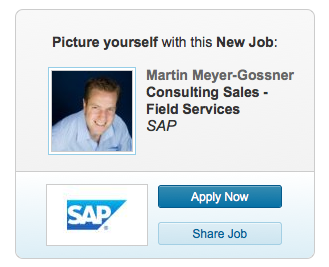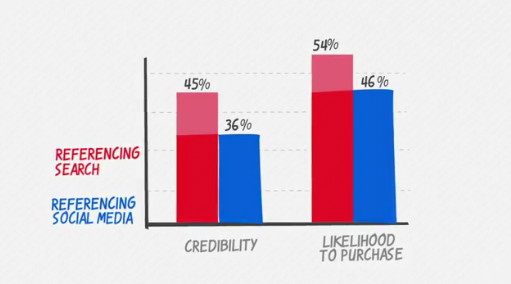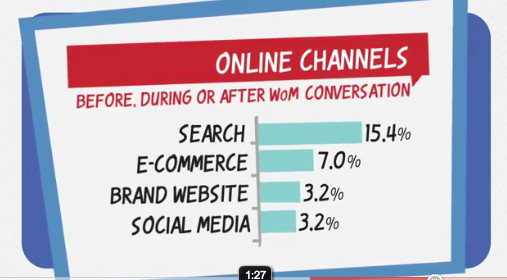LinkedIn – The future of career advertising goes social…
About one and a half years ago, the guys from Mediamind asked me if I want to write a guest post on the future of banner creatives on their blog. Well, I flashed back to find the future – the old strategic approach… What came out was a headline called “Engagement creatives reloading the future”. Seeing what was happening on LinkedIn in the last months, it seems I had quite a good feeling on what the future might look like.
In the Mediamind post, I focussed on the response banner functionality of Facebook creatives and how the referential potential of social graph marketing intelligence let the personal network get engaged. One individual creates buzz just by being integrated with a linked name in one line of the graphic. So, people know your name and get dragged into campaign activity, just by curiosity, just by wanting to know why, what and how. Just by … you name it.

In the last weeks, LinkedIn came from being just another platform selling space to opening the potential for intelligent career online advertising, and leveraging the network potential with clever display advertising. Companies were focussing on personalization, the social targeting opportunities and the API potential to enable innovative campaigns creatives on the business network.
While some social media marketing companies (funny right…?! see picture above) use the traditional way of banner creatives, Volkswagen identified the evolution of the pick-a-boo effect and the competitive aspect of having more contacts, more recommendations and better education. Just the things that make up a career…
Another example is AMEX. They took their social advertising career campaign even a step further by not spoting you, but the person next to us that helps successful managers, the teams and you: the administrators. People could nominate their business supporters, and by voting promote these “second liners” to have a chance to win a gift card courtesy of 2.500 USD.

In the end, the most convincing career social display campaign is when you find yourself in the middle of a personalized creative. When I checked one of my contacts from SAP today, a rectangle banner appeared next to the SAP contact profile of the person I am linked with. Now, guess what happened? I got offered a job from SAP. Well, maybe not the job I wanted but still a great approach.
The banner was personalized using my LinkedIn picture and my name. It was really somehow talking to me. It detected I could be in the software industry, I could be a consulting sales person, and yes, the creation is clever in terms of straight interaction and sharing. Don’t you think…?

Spot On!
We are still early stages with these new (career) display advertising opportunities. Still, the advertising evolution is happening, and publishers need to have a close look at the opportunities if they don’t want to loose the battle to social networks. These examples might be geeky – however, they are engaging, personalized and conversational. Just what traditional banner cannot offer far too often…


 It seems to be a love and hate relationship: Executives and Social Media. On the one hand, companies see how
It seems to be a love and hate relationship: Executives and Social Media. On the one hand, companies see how 
 Many companies have started showing case studies, infographics, or videos to present their latest Social Media activities. Now, EMC comes up with a great video that explains nicely how the copany leverages the power of the social web.
Many companies have started showing case studies, infographics, or videos to present their latest Social Media activities. Now, EMC comes up with a great video that explains nicely how the copany leverages the power of the social web. Jive Software recently published a
Jive Software recently published a 




 IBM just recently published their
IBM just recently published their